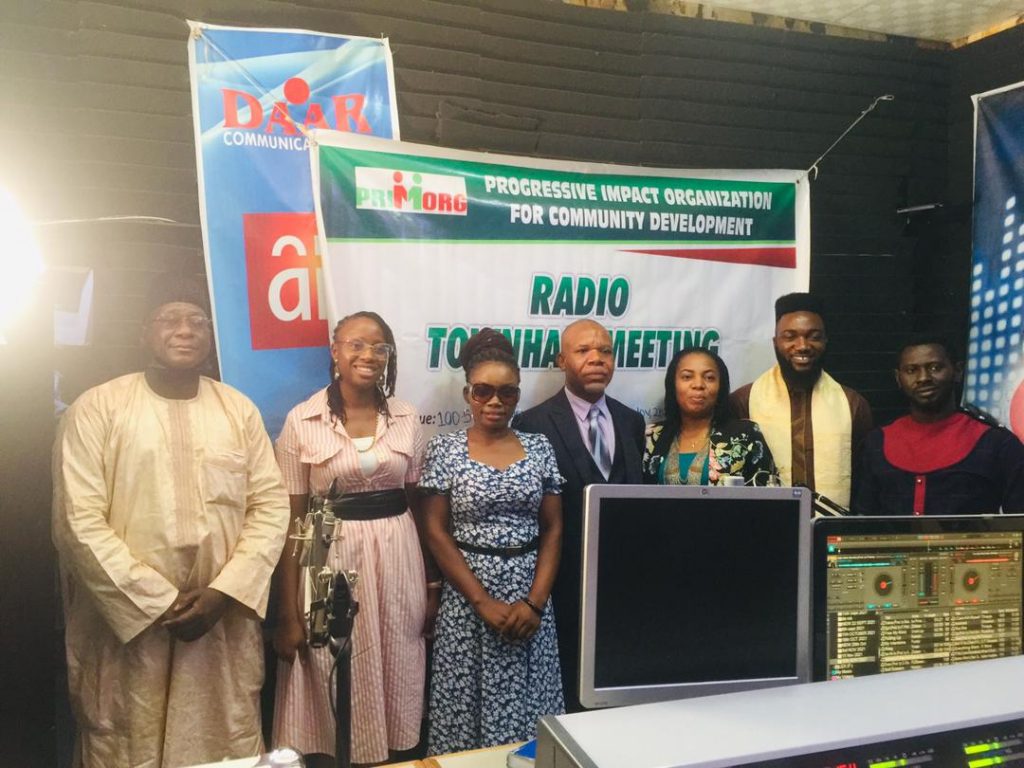Exasperated by the falling standard of education in Nigeria, stakeholders have called for stiffer punishment on perpetrators of corruption in the education sector.
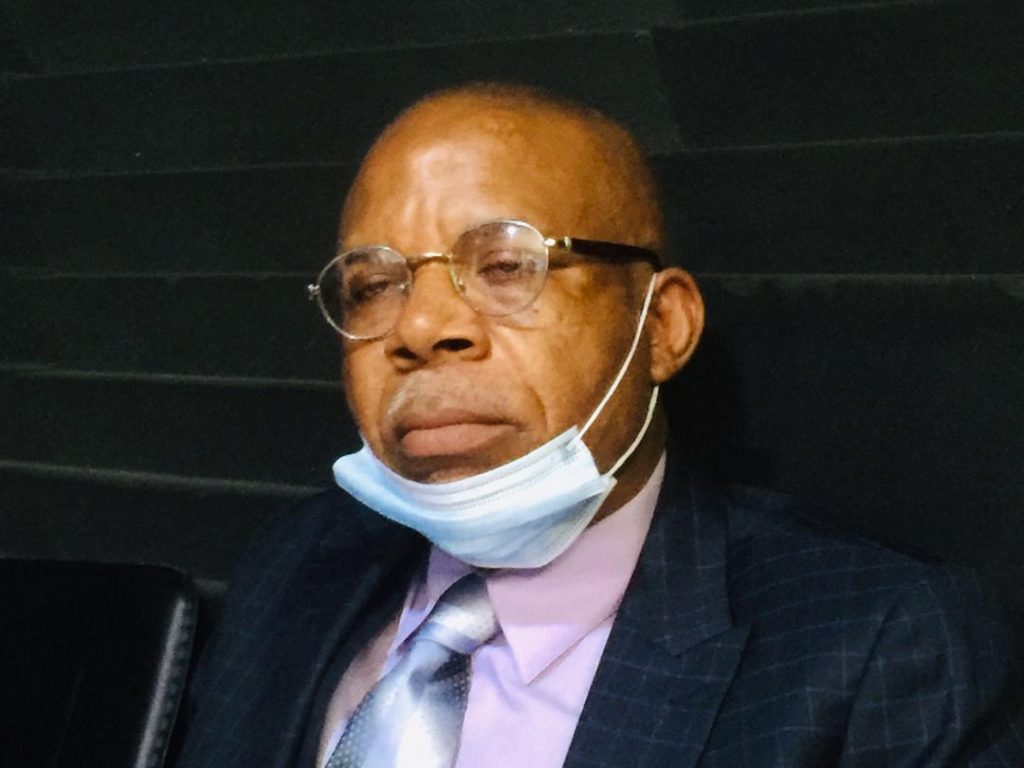 A former Lecturer at Nigeria Law School, Chidi Onwuekweike, led the call during a special radio town hall meeting against corruption, organized by Progressive Impact Organization for Community Development, PRIMORG, Friday in Abuja.
A former Lecturer at Nigeria Law School, Chidi Onwuekweike, led the call during a special radio town hall meeting against corruption, organized by Progressive Impact Organization for Community Development, PRIMORG, Friday in Abuja.
Onwuekweike lamented that corruption has become endemic in Nigeria’s situation while identifying poor funding of education by the government and misappropriation of the scarce fund as major problems bedevilling the sector.
Despite urging for more funding, Onwuekweike noted that more funding of Nigeria’s education sector will not guarantee probity, transparency or extinguish corruption rather firming up consequences of corruption will.
His word: “I think Nigeria educational standard would be better off if there is very stiff punishment for defaulting students, parents and schools in the conducts of exams.
“I always believe that fear of sanction is what makes somebody a better person, the man on the street of London is not different from the man on the street of Abuja. The difference is that the man on the street of London knows that if he does wrong, he will be punished but here we always find a way to sidetrack the system.”
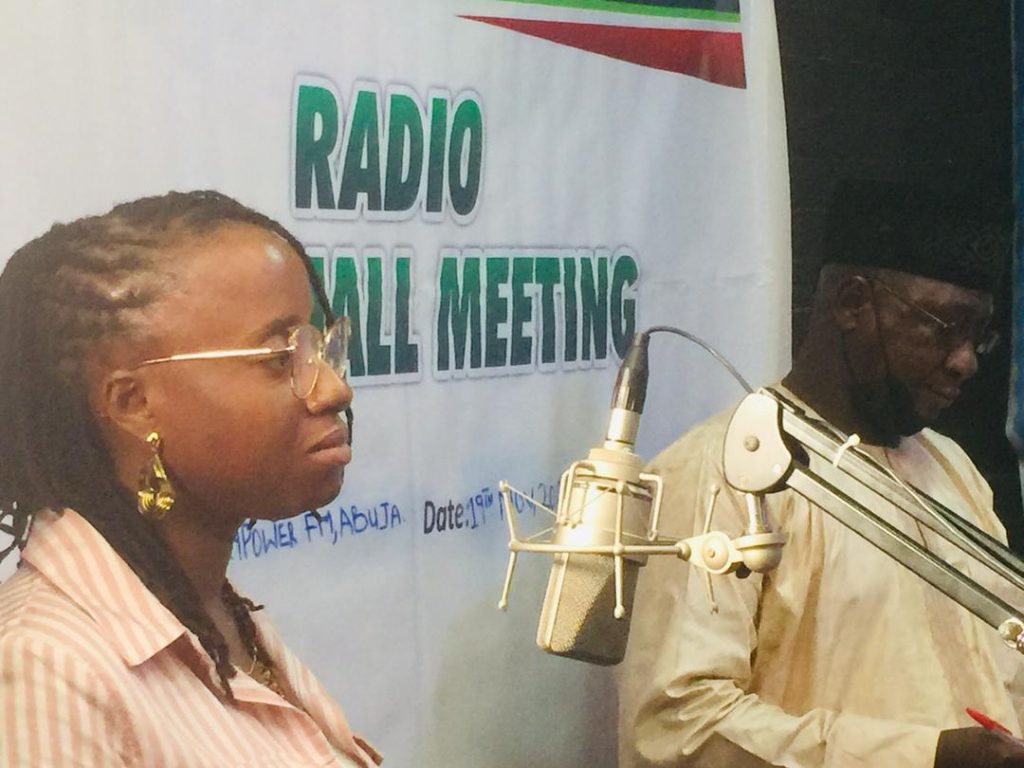 Similarly, Headmistress at Rehoboth International School, Maureen Uduma called on the authorities to shut down schools running examination centers, popularly referred to as special or miracle centers, where students are helped to pass their exams through malpractice.
Similarly, Headmistress at Rehoboth International School, Maureen Uduma called on the authorities to shut down schools running examination centers, popularly referred to as special or miracle centers, where students are helped to pass their exams through malpractice.
While expressing disappointment on teachers and school owners who are compromising standards, Uduma said, ”Any school that practice malpractice and the special center should be shut down, it is not worth it being a school, why are you a school? It is obvious that the opposite of corruption is integrity, so if you are not going to show that as a school please shut down.”
She, however, averred that the government played a very terrible role when it comes to the educational burden of the society, especially the poor funding of the sector over the years.
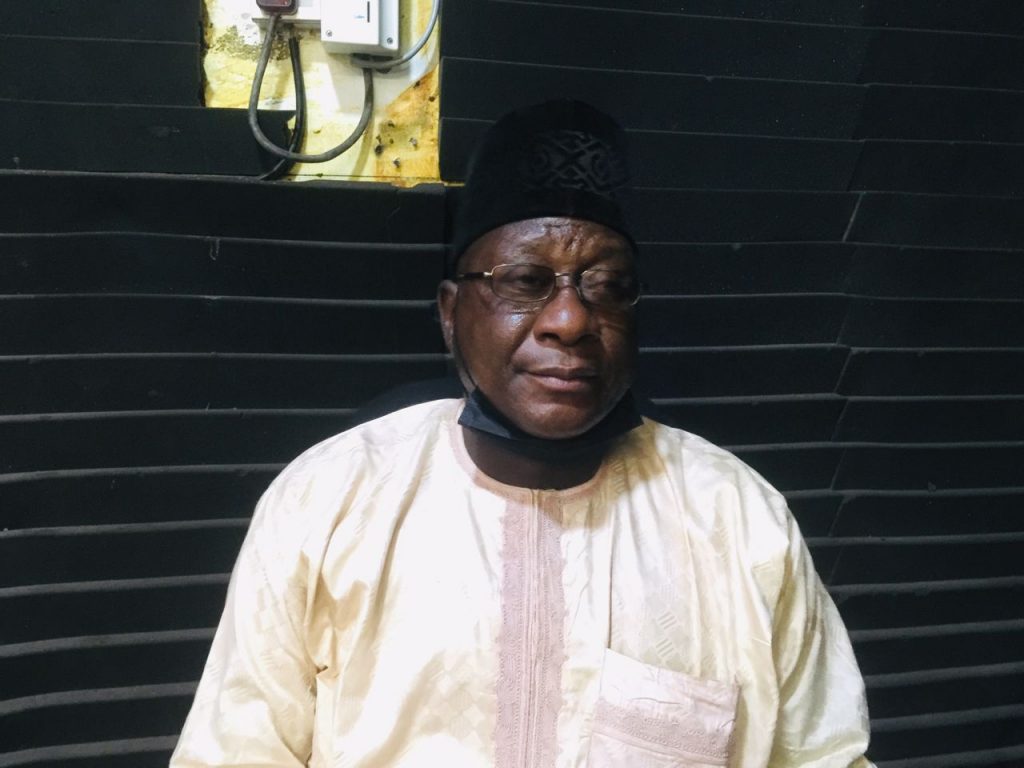 Earlier on, a celebrated lecturer in the department of Mass Communication at Nasarawa State University and a 2020 Integrity Icon, Dr Rabiu Mohammad, revealed that his faith was the major motivation for being a person of integrity.
Earlier on, a celebrated lecturer in the department of Mass Communication at Nasarawa State University and a 2020 Integrity Icon, Dr Rabiu Mohammad, revealed that his faith was the major motivation for being a person of integrity.
Dr Mohammad who is renowned for his discipline and strong stance against corruption also emphasized that corruption was mainly responsible for the dwindling fortunes of Nigeria’s educational system while advocating for citizens to have moral, ethical and attitudinal reorientation, as well as imbibe religious teachings.
His word: “Corruption indeed has done huge damage to education in this country right from nursery school to tertiary level.
“We know that generally, it is money that works, such that you cannot trust the grades that your children bring back home whether they deserve them or not, so we need a change of mind and we need also to pay attention to our religious teachings,” He said.
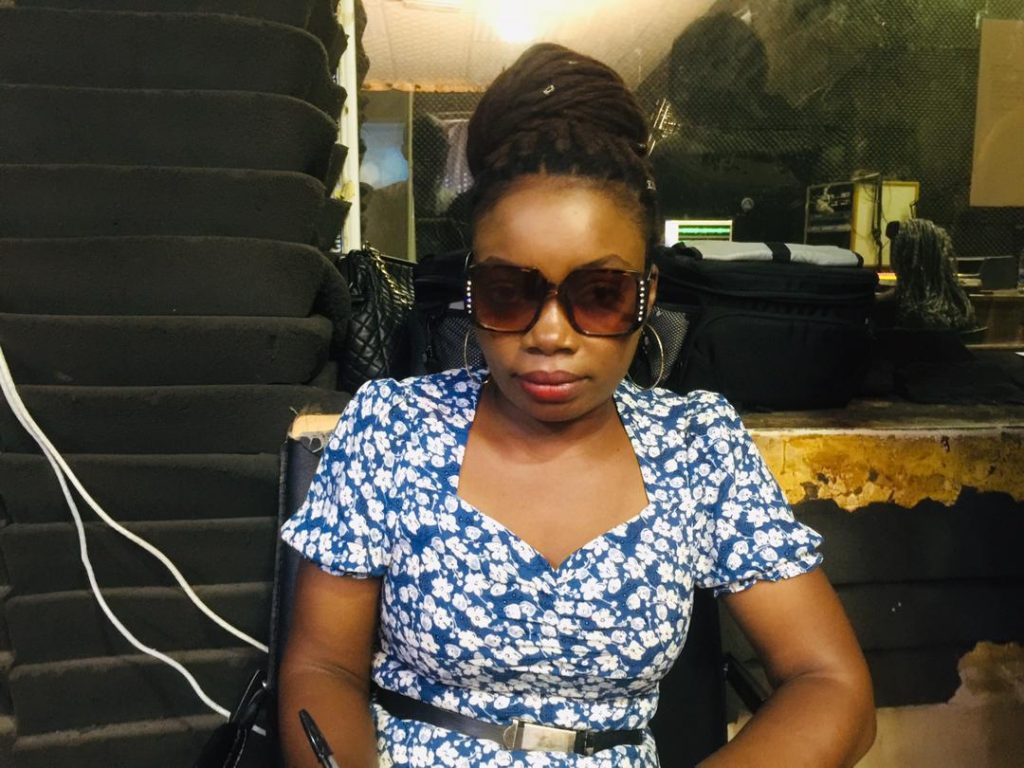 A post-graduate student at the University of Abuja, Antia Enobong who withstood sexual harassment in school called on students who are facing a similar challenge not to compromise their standard but apply diplomacy in getting away from the situation. She also revealed that her motivation for resisting sexual harassment during her first-degree pursuit was because of self-belief.
A post-graduate student at the University of Abuja, Antia Enobong who withstood sexual harassment in school called on students who are facing a similar challenge not to compromise their standard but apply diplomacy in getting away from the situation. She also revealed that her motivation for resisting sexual harassment during her first-degree pursuit was because of self-belief.
In his contribution, the Communications Lead at Accountability Lab Nigeria, Prince Chimaraoke Chukwuka disclosed that the number of men and women displaying integrity in the public sector is on the rise.
He said that in the lead up to the Lab’s forthcoming unveiling of 2021 Integrity Icons, more Nigerians in public service are standing upright.
“We will be celebrating five amazing public servants whose stories have been nothing but inspiring come December 2, 2021.
“Their stories have become a testament that there is a possibility that a new Nigeria is possible, a Nigeria where we can attribute values like integrity, excellence and good governance is possible.
“It may not happen immediately but I am confident by the quality of those men and women and the unwavering of their character and I can tell you for certain maybe in the next decade we will begin to see some tangible change,” Chukwuka stressed.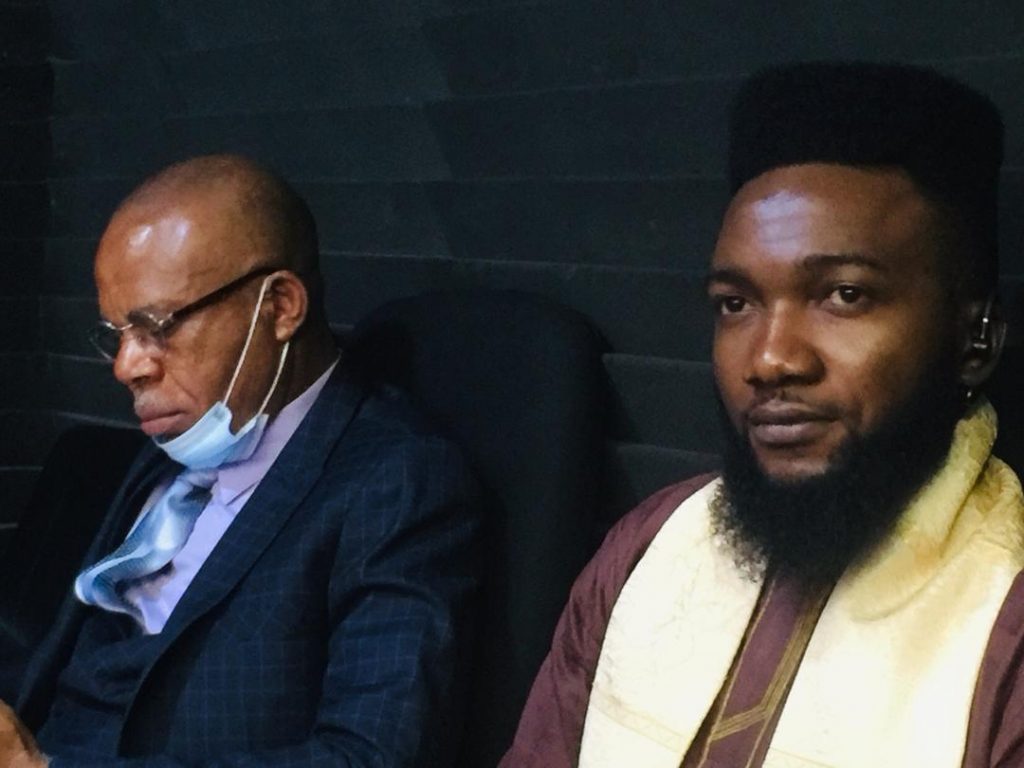
The PRIMORG’s Town Hall Meeting Against Corruption series is aimed at calling the public and government attention to specific issues of corruption in Nigeria.
The program was supported by the MacArthur Foundation
About Author
You may also like
-
Anti-Corruption: Whistleblowing Law Long Overdue – Activists, Lawyers Counsel FG
-
N12bn Bribery Scandal: EFCC Urged To Prosecute Indicted Nigeria Customs Officials
-
NEIP: ICPC Harps On Collective Fight Against Corruption
-
ICPC Says Constituency Projects Tracking Declining Corruption, Urge Nigerians To Report Infractions
-
Birth Certificates: Corruption Unabated in Registration Centers — FG Alerted

